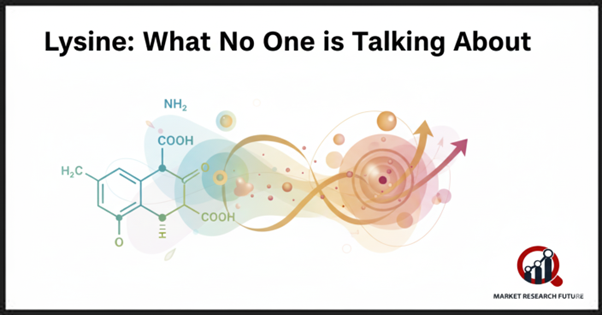Lysine: What No One is Talking About

Lysine Market
Lysine is one of the amino acids that the body needs to work properly, but can't make on its own. It is very important for keeping nitrogen levels stable, helping muscles grow, and overall growth. Lysine is important for animal nutrition as well as human health. It helps livestock grow, stay healthy, and be more productive.
Pharma-grade lysine helps bones get stronger and heal faster by helping the body absorb calcium. Feed-grade lysine is often used in animal feed to make livestock healthier and more productive. It is often mixed with other important nutrients, which makes it an important part of animal nutrition solutions.
Foods like milk, eggs, cheese, meat, and seafood naturally contain lysine. You can also take it in pill form or as a powder and add it to your food. Lysine-based creams and lotions help skin stay flexible, heal, and stay hydrated.
Lysine helps the body make proteins and break down energy. It also helps the immune system by stopping some viruses from attaching to cells and making white blood cells work harder.
But too much lysine can get in the way of other amino acids, like tryptophan, which is needed to make serotonin. So, it's important to keep your intake balanced for the best health.
People who don't get enough lysine can benefit from taking it, especially when they're stressed, growing, or recovering. It also helps make collagen, which is important for strong tendons, ligaments, and skin structure.
Lysine has structural benefits, but it also shows promise in protecting against stress-related disorders by supporting neurotransmitters like GABA, which helps you stay calm and focused. This means that lysine can help with both physical and mental health, as well as protect the brain.

Leave a Comment